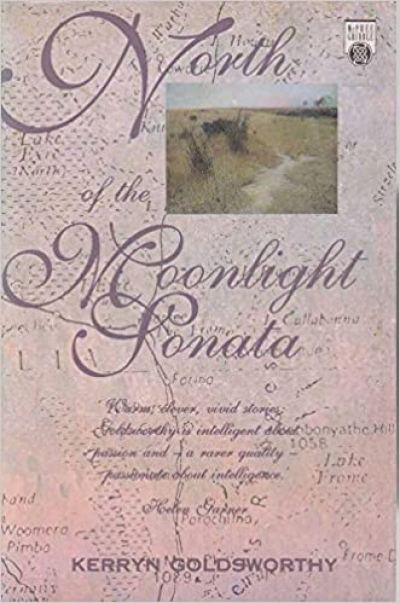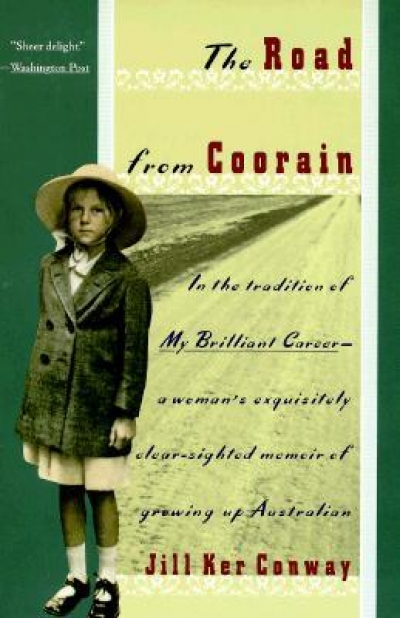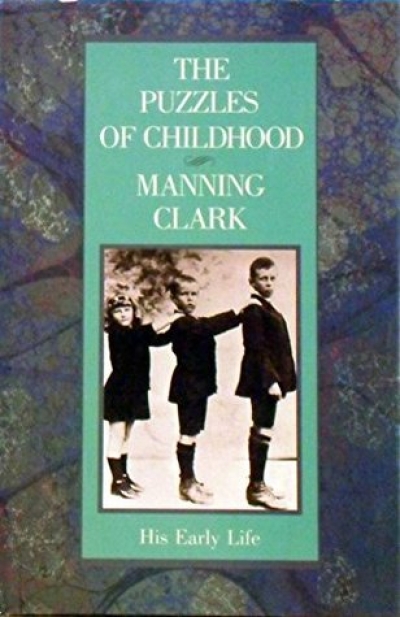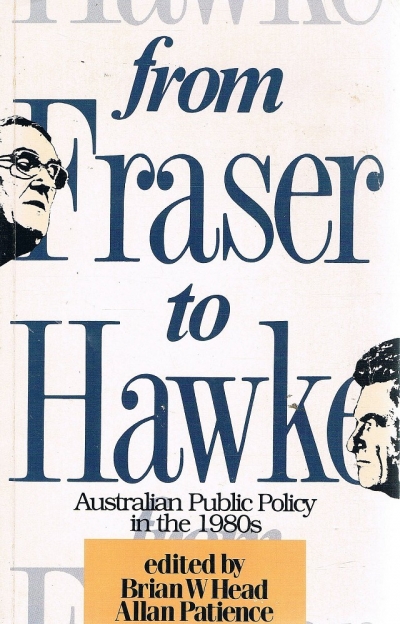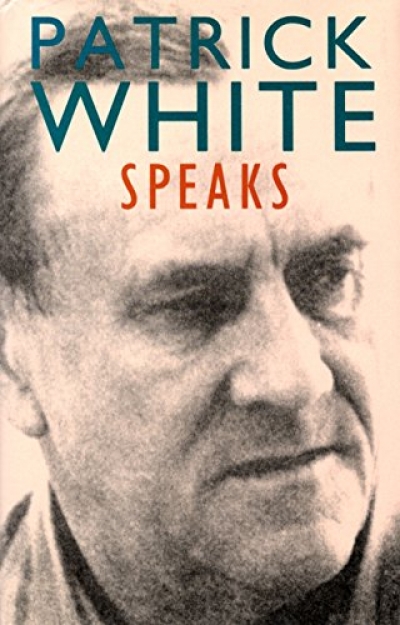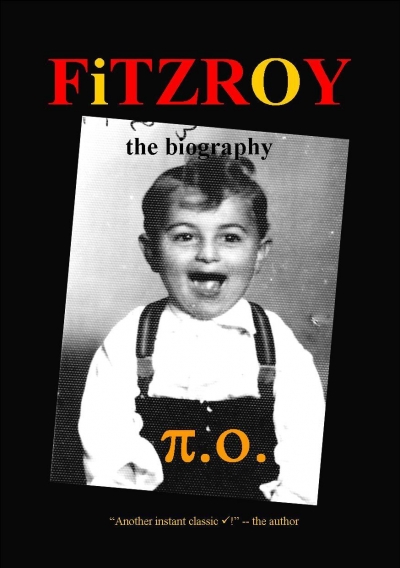Barbara Hanrahan has made her own the ostensibly artless narrative of simple women. Monologue might be a better word than narrative; the idea of a speaking voice is important. ‘I was born in a war, I grew up in a war, and there was war all along’ is how this one begins. It’s the Japanese War in China, the country is occupied, food is short, rice must be queued for. ‘And if the queue didn’t disappear, the Japanese up above would come to the windows and bring out the chamber pots and pour down all their terrible peeing.’ It’s a harsh world to be growing up in, but there’s a matter-of-factness in the way it’s talked about. ‘War’s war forever, until it ends.’ Or starts again. The end of this war is the beginning of the next; the communists come, one kind of oppression replaces another.
...
(read more)


